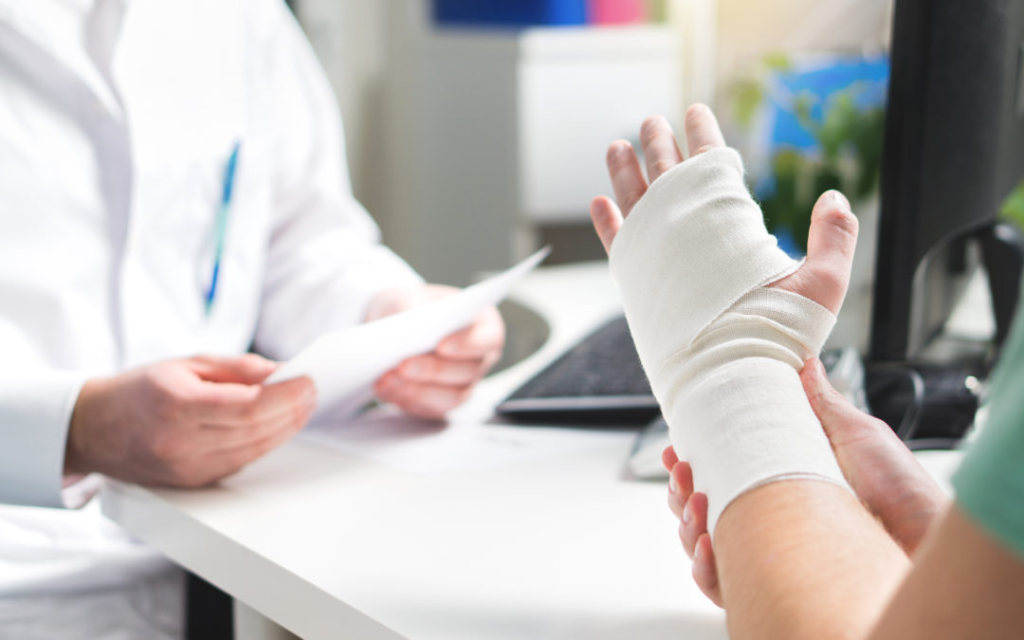What to Do After Surgery
We’ve got the scoop on what to do after surgery.
From managing pain to caring for wounds, staying active goodmorningday箭猪枣, and watching what we eat, we’ve got all the essential info covered.
Stick with us for the lowdown on post-surgery care.

Pain Management
After surgery, we prioritize effective pain control to ensure your comfort and promote healing. We believe that managing pain well is crucial for your recovery process.
Our team will work closely with you to tailor a pain management plan that suits your needs and preferences 天天枣上好. We aim to empower you with the freedom to communicate openly about your pain levels so that we can adjust medications promptly.
By staying ahead of the pain, we can help you move more comfortably and engage in activities that aid in your healing.
Wound Care
We ensure that wound care is a fundamental aspect of our postoperative protocols, as it’s crucial for proper healing and preventing complications. Keeping your incision clean and dry is vital. Follow the specific instructions provided by your healthcare team for dressing changes.
If you notice any signs of infection such as increased redness, warmth, swelling, or drainage, contact your healthcare provider immediately. Avoid soaking the incision site in water until cleared by your doctor. Be gentle when cleaning the wound to prevent irritation.
It’s essential to monitor your incision daily for any changes and report them promptly. Good wound care plays a significant role in your recovery journey, ensuring a smooth and uncomplicated healing process.
Mobility and Activity
Maintain a gradual increase in our daily movements and exercises to promote a steady recovery after surgery. Moving helps prevent stiffness and improves circulation, aiding in our healing journey.
Begin with short walks and light stretching, gradually progressing as we feel comfortable. Listen to our body’s signals and avoid pushing too hard too soon.
Engage in activities that bring us joy and boost our spirits, whether it’s gentle yoga, swimming, or dancing around the living room. Remember to follow any specific guidelines provided by our healthcare provider regarding physical activity.

Diet and Nutrition
Ensuring proper nourishment through a balanced diet is essential for our post-surgery recovery. It’s vital to fuel our bodies with nutrient-dense foods to aid in healing and regain strength.
Focus on incorporating a variety of fruits, vegetables, lean proteins, whole grains, and healthy fats into our meals. Hydration is also key, so remember to drink plenty of water throughout the day. Avoid excessive sugary or processed foods that can hinder the healing process.
Small, frequent meals can help prevent digestive issues and provide a steady stream of energy. Consulting with a healthcare provider or a nutritionist can offer personalized guidance to optimize our recovery through proper diet and nutrition.
Follow-Up Care
Our surgeon’s office will provide detailed instructions for our follow-up care appointments. It’s crucial to adhere to these guidelines to ensure a smooth recovery process. These follow-up visits are essential for monitoring our progress, addressing any concerns, and adjusting our treatment plan if necessary.
It’s important to keep track of these appointments and make them a priority. If we’ve any questions or encounter issues between appointments, we should feel empowered to reach out to our surgeon’s office for guidance. By actively participating in our follow-up care, we take control of our health and contribute to a successful healing journey.
Conclusion
Overall, it’s important to prioritize pain management, wound care, mobility, and nutrition after surgery. Following these guidelines will help ensure a smooth recovery process and prevent any complications.
Remember to follow up with your healthcare provider for any concerns or questions. Taking care of yourself post-surgery is crucial for a successful and speedy recovery.
